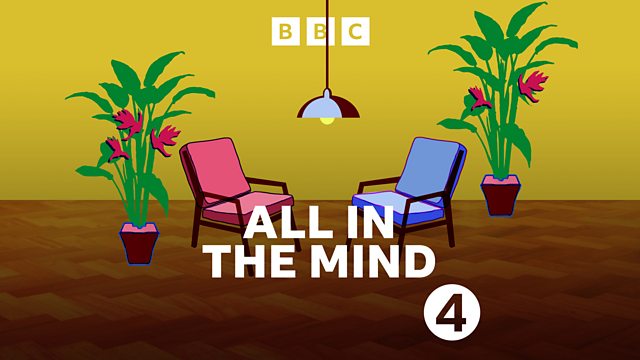The sudden rise in teenagers developing tics during the pandemic
Neurologists explain how the dramatic rise in tics in teenagers during the pandemic isn't just about the influence of Tiktok - and how psychology can help close the gender pay gap.
A new study highlights the increase in the number of teenagers - especially girls - developing involuntary physical and vocal tics during the pandemic. Neurologist Professor Jon Stone from the University of Edinburgh explains how they differ from those seen in patients with Tourette's - which come on very gradually are most often seen in eight to ten year old boys. One of his patients Beth first had tics four years ago, starting with spasms in her abdomen which pulled her upper body forwards. Prof Stone says that functional tics are caused by the brain not working properly and that it's an oversimplification to say they are the result of young people watching too many Tiktok videos.
Professor Tamara Pringsheim is a neurologist in Calgary, Canada, who's just published a study showing how widespread they are across the world. She says that almost overnight her clinic was filled with teenage girls - after years of only seeing younger boys with Tourette's. She says the outlook for teenagers with tics is good - they usually get better, often within 6 months. Treatment can include cognitive behavioural therapy and it's also useful to involve the whole family - relatives should be discouraged from using humour to diffuse tension when a teenager tics, as it can make them last longer. Beth has just started university and is learning to live with her tics - and finds important social support from online communities of others who have tics.
Professor of health psychology at the University of Leeds, Daryl O'Connor shares Professor Stone's scepticism about the role of Tiktok in rise in the number of tics. He also explains how a study where girls were encouraged to pretend they were scientists resulted in them playing a science game for longer.
Dr Carolin Schuster from Leuphana University in Germany has published a study showing that encouraging messages to HR professionals can help to cut the gender pay gap - but it's yet to be seen if the intervention would work in real-life not just the lab.
Last on
More episodes
![]()
All in the Mind is produced in partnership with The Open University
Broadcasts
- Tue 13 Dec 2022 21:00Βι¶ΉΤΌΕΔ Radio 4
- Wed 14 Dec 2022 15:30Βι¶ΉΤΌΕΔ Radio 4
Podcast
-
![]()
All in the Mind
The show with the latest evidence on psychology, mental health and neuroscience.





